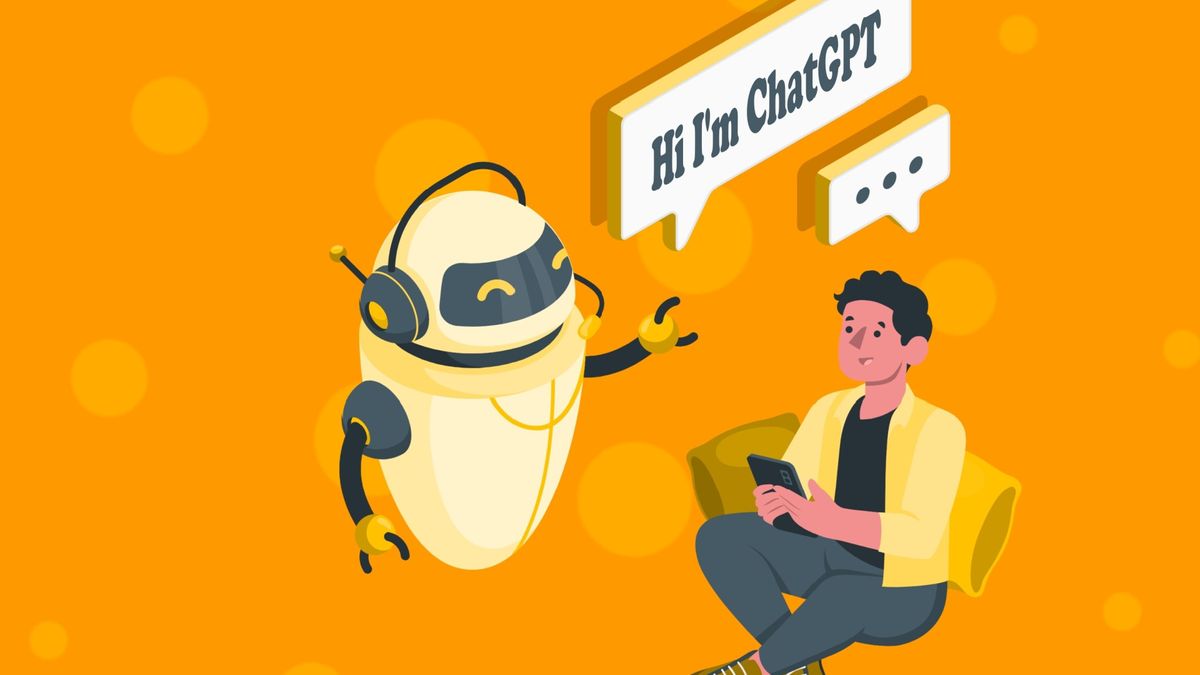Despite just releasing ChatGPT-4, OpenAI is already working on the fifth iteration of the immensely popular chat application, GPT-5. According to a new report from BGR, we could be seeing those major upgrades as soon as the end of the year.
One milestone, in particular, could be within reach if this turns out to be true: the ability to be indistinguishable from humans in conversation. And it doesn’t help that we’ve essentially been training this AI chatbot with hundreds of thousands, if not millions, of conversations a day.
Considering the meteoric rise and development of ChatGPT technology since its debut in November 2022, these rumors are quite likely to be true. And while seeing such tech improve so quickly can be exciting, hilarious, and sometimes insightful, there are also plenty of dangers and legal pitfalls that can easily cause harm.
For instance, the amount of malware scams being pushed has steadily increased since the chatbot tech’s introduction, and its rapid integration into applications calls into question privacy and data collection issues, not to mention rampant plagiarism issues. But it’s not just me seeing the issue with ChatGPT being pushed so rapidly and aggressively. Tech leaders and experts in AI have also been sounding the alarm.
AI development needs to be culled
The Future of Life Institute (FLI), an organization that is dedicated to minimizing the risk and misuse of new technologies, has published an open letter calling for AI labs and companies to immediately halt their work on OpenAI systems beyond ChatGPT-4. Notable figures like Apple co-founder Steve Wozniak and OpenAI co-founder Elon Musk have agreed that progress should be paused in order to ensure that people can enjoy existing systems and that said systems are benefiting everyone.
The letter states: “Unfortunately, this level of planning and management is not happening, even though recent months have seen AI labs locked in an out-of-control race to develop and deploy ever more powerful digital minds that no one – not even their creators – can understand, predict, or reliably control.”
As we’re seeing, the rush for companies to integrate and use this new technology is causing a plethora of issues, from CNET using it to generate inaccurate and plagiarised articles to exposing credit card information. There’s very little being done in the way of protecting privacy, intellectual property rights of smart artists, or preventing personal information stored from leaking.
And until we get some kind of handle on this developing technology and how companies using it do so safely and responsibly, then development should pause until we do.
